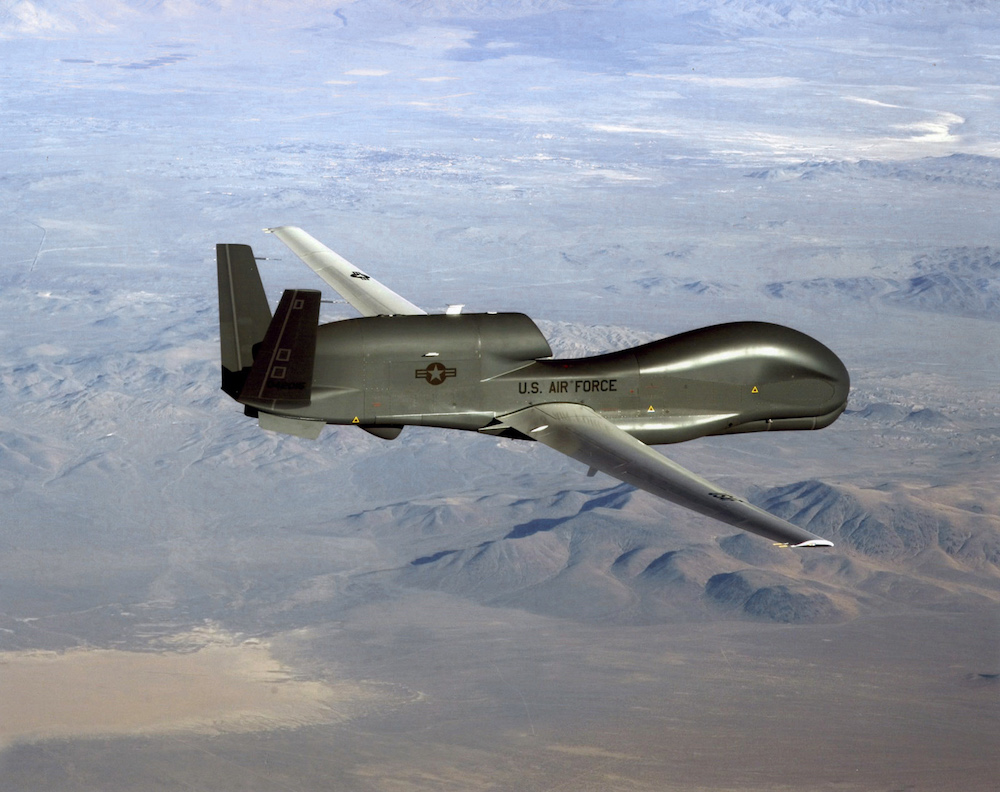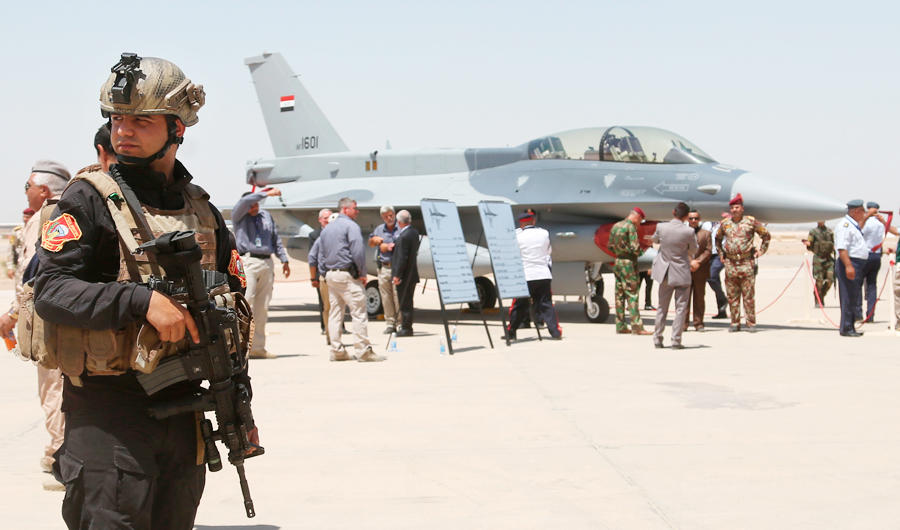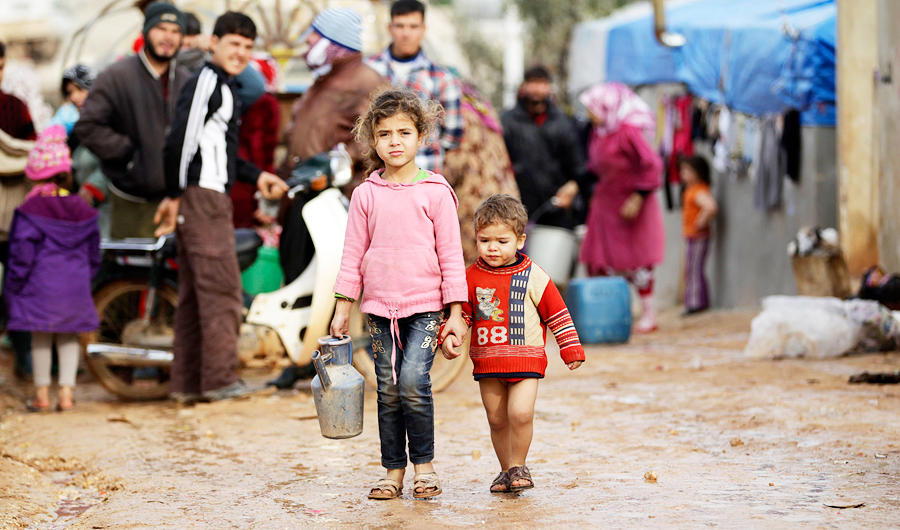ANKARA: When the offensive in the countryside around Hama and Idlib by Russian and Syrian regime forces resulted in the displacement of about 300,000 people, the UN High Commissioner for Refugees (UNHCR) warned that mass refugee waves should be expected if humanitarian conditions get worse.
The reaction of Ankara is a key: Will the open-door policy be maintained?
However, Ankara has made it clear that the country can take no more refugees.
Hosting 4 million Syrian refugees, “Turkey’s capacity to host a new wave of migrants has almost reached its limits,” Abdullah Ayaz, head of the Turkish Interior Ministry’s migration management department, said on June 19 during a meeting of the Parliamentary Assembly of the Mediterranean in Ankara.
Rather than maintaining its open-door policy, Ankara has said a political solution is the priority for the conflict around Idlib, the rebel-held stronghold in Syria that became the scene for serious clashes between Assad-linked forces and opposition forces.
“There is no agreed mechanism for going from Idlib to Turkey because for the moment Turks don’t know how hard it will be for them to handle a new refugee wave. Instead, they are focusing on placing them in the safe zones in the north (of Syria),” Navvar Saban, a military analyst at the Omran Center for Strategic Studies in Istanbul, told Arab News.
Saban doesn’t expect the border to open or that Turkey will allow a flow of refugees that it cannot handle.
“But, from a humanitarian perspective, Turks should work to provide services to those internally displaced people inside the safe zone along its border with Idlib. They have to monitor the actual procedures for the local allies to provide help for them,” he added.
Saban also noted that Ankara should put more pressure on Moscow to follow the Idlib cease-fire agreement and to stop attacking the safe zone.
“By doing that Turkey will avoid a whole new wave of refugees,” he said.
Turkish observation posts in Idlib were also recently attacked by Assad regime forces.
Since late April, around 375 civilians are estimated to have been killed by Russian and regime bombardment in the region.
HIGHLIGHTS
• Ankara has made it clear that the country can take no more refugees.
• Rather than maintaining its open-door policy, Ankara has said a political solution is the priority for the conflict around Idlib.
Selim Sazak, a doctoral researcher at Brown University and adjunct fellow at the Century Foundation, thinks that Turkey’s refugee crisis is past the point of sustainability.
“Refugee policy, or more properly, anger toward it, is one of the few things that unites Erdogan’s supporters and detractors alike,” said Sazak, pointing out a report by Bilgi University’s Migration Studies Center, whose survey found overwhelming support for the repatriation of Syrian refugees across all parties.
“Ought Turkey to keep an open-door policy? Maybe. Can it? Not as easily as it used to, especially with political upheaval and economic troubles at such an all-time high,” he told Arab News.
For Omar Kadkoy, a Syrian-origin researcher on refugee integration at Ankara-based think tank TEPAV, it is costly both politically and economically to pursue an open-door policy.
“This why Ankara favors diplomacy to contain further military escalation,” he told Arab News.
“If, however, large-scale displacement becomes unavoidable, accommodating the displaced in areas close to the border would be the lowest humanitarian denominator since the capacity of the Euphrates Zone is limited and the situation in Afrin (north of Aleppo) is further complex and fragile,” he added.
Therefore, Kadkoy thinks that this won’t be an easy task and in a similar scenario, the international community must act alongside Ankara to bear the responsibility of meeting the emergency requirements.




